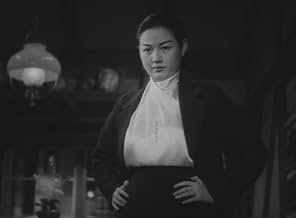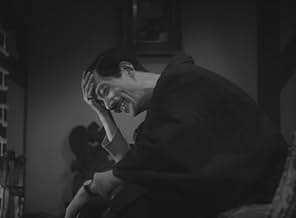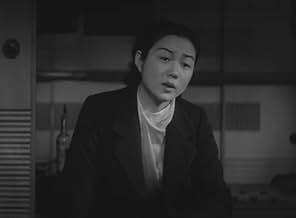An affluent medical professor, Komiya, and his bossy wife, Tokio, are to look after Setsuko, their high-spirited niece from Osaka. Setsuko is a liberated woman who does what she wants, inclu... Read allAn affluent medical professor, Komiya, and his bossy wife, Tokio, are to look after Setsuko, their high-spirited niece from Osaka. Setsuko is a liberated woman who does what she wants, including smoking, even though she is a minor. On Saturday, the professor does not feel like go... Read allAn affluent medical professor, Komiya, and his bossy wife, Tokio, are to look after Setsuko, their high-spirited niece from Osaka. Setsuko is a liberated woman who does what she wants, including smoking, even though she is a minor. On Saturday, the professor does not feel like going to his weekend golf game, but his wife packs him off anyway. So he leaves his bag at t... Read all
- Director
- Writers
- All cast & crew
- Production, box office & more at IMDbPro
Featured reviews
That is why I was on the lookout and why I realized that the source for this one was probably Laurel & Hardy's SONS OF THE DESERT, with the uncle in the place of Mr. Laurel, the niece who talks him into a night on the town when his wife thinks he is playing a healthy game of golf in the rain, as Mr. Hardy. She also later urges him into standing up to Mrs. Bossypants.
Ozu does not offer us a straight comedy. This closest he comes to mimicking his sources is when the Uncle is supposed to be dressing down the niece. Ozu's work, typically, remains more sympathetic and warm than the straight comedy work on William Seiter's feature. Nonetheless, his admiration for his American contemporaries stands out.
Did you know
- TriviaIn Kinema Junpo magazine in 2009 poll on the greatest Japanese films of all time, it ranked on 59th place.
Details
- Release date
- Country of origin
- Language
- Also known as
- What Did the Lady Forget?
- Production company
- See more company credits at IMDbPro
- Runtime
- 1h 11m(71 min)
- Color
- Sound mix
- Aspect ratio
- 1.37 : 1





























